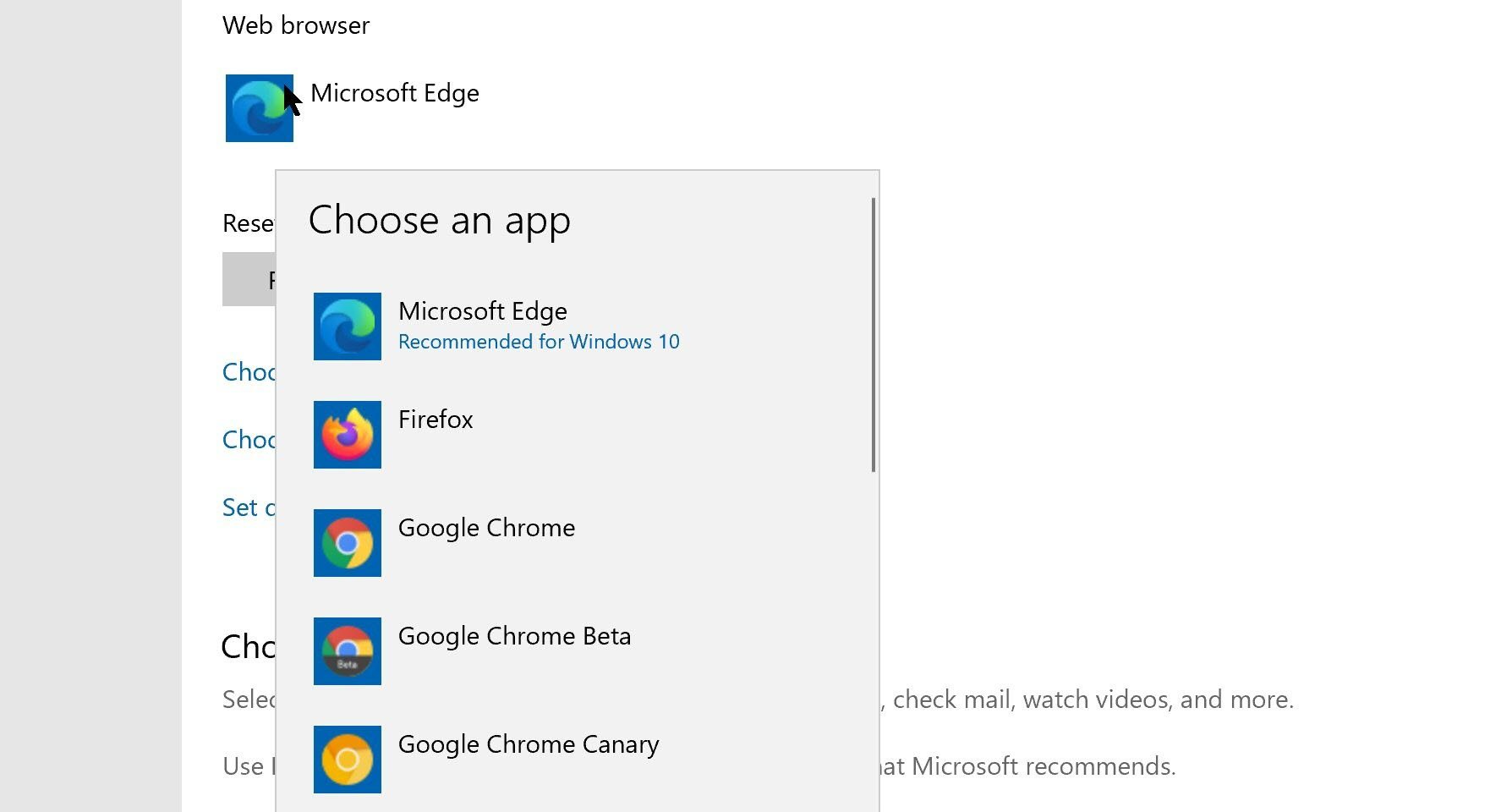Microsoft's new Edge browser uses the Chromium engine, the same one used by Google Chrome. This gives the company the opportunity to compare its application with other alternatives.
The company seems to be starting to push much harder for Microsoft Edge adoption after it started showing up advertisements on menu Έναρξη κάθε φορά που κάποιος πληκτρολογεί το name an alternative browser.
Η Microsoft αποκαλεί αυτές τις διαφημίσεις “προτάσεις” και έτσι θα σας εμφανιστεί η καταχώριση Microsoft Edge όταν πληκτρολογήσετε “Chrome” στην αναζήτηση των Windows. O νέος Edge εμφανίζεται σαν “προτεινόμενη” εφαρμογή.
As it turns out, however, this ad only targets a limited number of devices and depends on whether the new Edge is not installed on the device. In this case, Windows users see a download link to get the new browser.
Microsoft Edge is based on Chromium and is the new default browser in Windows 10, as it replaces the old version once installed on your device.
Changing the base to Chromium has allowed Microsoft to have a new browser on all Windows, (10, 7, 8, 8.1, and macOS. The Linux version, according to the company, is in the works. Microsoft browser can compete with competitors' applications, thanks to Chromium, an opoen source software.
This is certainly not the first time Microsoft has tried to get us to adopt its own browser using the same tactics.
Στα Windows 10, μια παρόμοια “πρόταση” εμφανίζεται στην οθόνη Προεπιλεγμένες εφαρμογές στις Ρυθμίσεις όταν προσπαθείτε να αντικαταστήσετε τον Microsoft Edge με κάποια διαφορετική εφαρμογή όπως τον Google Chrome ή τον Firefox.





